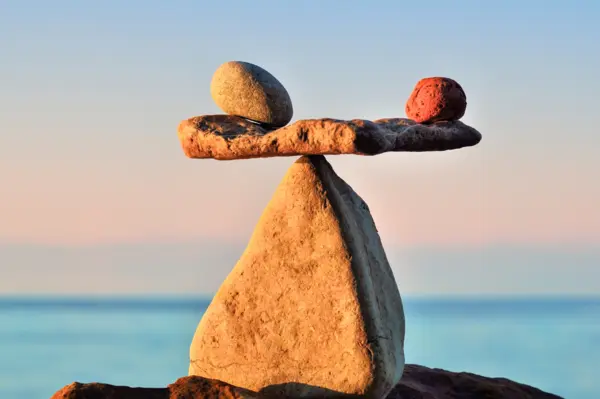Wellness Strategies for Education Professionals to kick off 2025
As a former dean of students and education professional, I’ve witnessed firsthand how challenging it can be to maintain personal wellness while supporting others. Through my years in independent schools and nonprofits, I’ve learned that implementing effective wellness strategies for education professionals isn’t just helpful—it’s essential for sustainable success.

Understanding the Need for Wellness
In our field, we constantly pour into others, often at the expense of our own well-being. I remember countless late nights answering emails and weekends spent at school events, believing that putting myself last meant I was doing my job better. However, experience has taught me that this approach ultimately leads to burnout and decreased effectiveness.
Daily Mindfulness Practices
As education professionals, we need to create moments of calm within our busy schedules. I’ve found that starting my day with just five minutes of deep breathing makes a remarkable difference. Try incorporating these practices:
- Morning meditation before checking emails
- Mindful walking between meetings
- Brief breathing exercises during transitions
Setting Professional Boundaries
One of the most valuable wellness strategies for education professionals involves establishing clear boundaries. In my consulting work, I often see colleagues struggling with this. Consider:
- Defining specific work hours
- Creating dedicated workspace boundaries
- Establishing email response windows
Physical Well-being Focus
Our physical health directly impacts our ability to support students effectively. When I worked as a director of special programs, I learned to schedule exercise like any other important meeting. Make time for:
- Regular movement throughout the day
- Consistent sleep schedule
- Nutritious meal planning
Building Support Networks
As education professionals, we need to create strong support systems. Through my experience in various roles, I’ve found that connecting with colleagues who understand our unique challenges is invaluable. Consider:
- Regular check-ins with peers
- Professional support groups
- Mentorship relationships
Reflective Practice Integration
Reflection has been crucial in my journey as an education professional. Take time to:
- Journal about daily experiences
- Celebrate small wins
- Learn from challenges
Sustainable Success Strategies
Remember that wellness strategies for education professionals should be sustainable and personally meaningful. From my transition to consulting, I’ve learned that what works for one person may not work for another. The key is finding approaches that fit your life and schedule.
Moving Forward
As we navigate our roles in education, implementing these wellness strategies becomes increasingly important. I’ve seen how prioritizing self-care transforms not only our personal well-being but also the quality of support we provide to our students and colleagues.
What wellness strategy will you implement first? Remember, taking care of yourself isn’t selfish—it’s essential for maintaining the energy and enthusiasm that makes you an effective education professional.
Bridget Johnson
Want more support as a student life professional?
Look no further than the Deans' Roundtable Community
- Network with a vast directory of student life professionals like yourself
- Gain a multitude of professional development opportunities to be the best version of yourself
- Gather expert advice on the important questions you need answered

